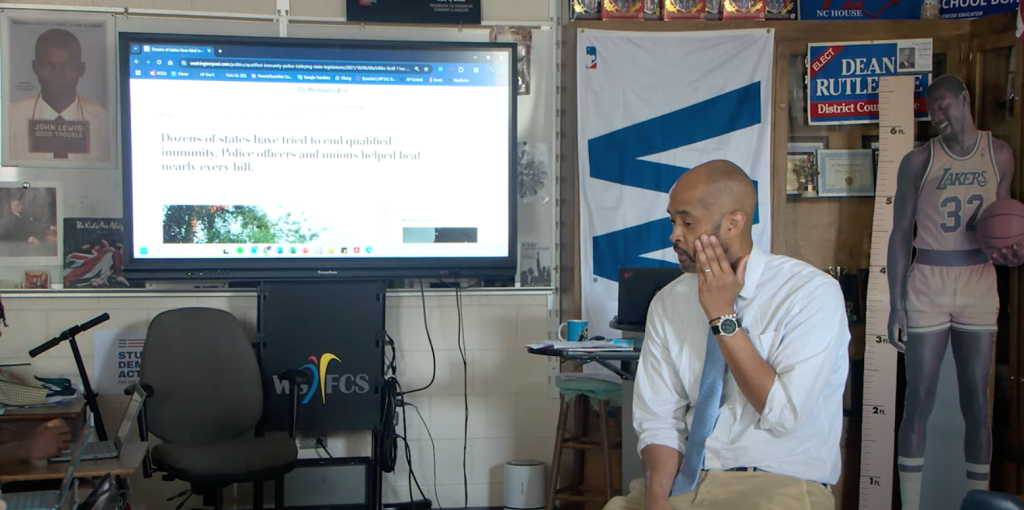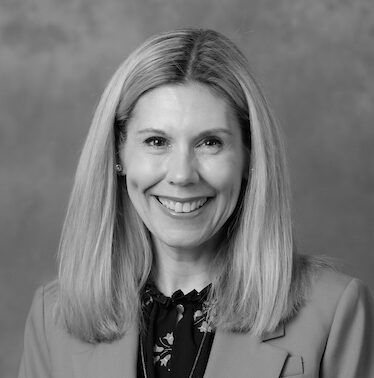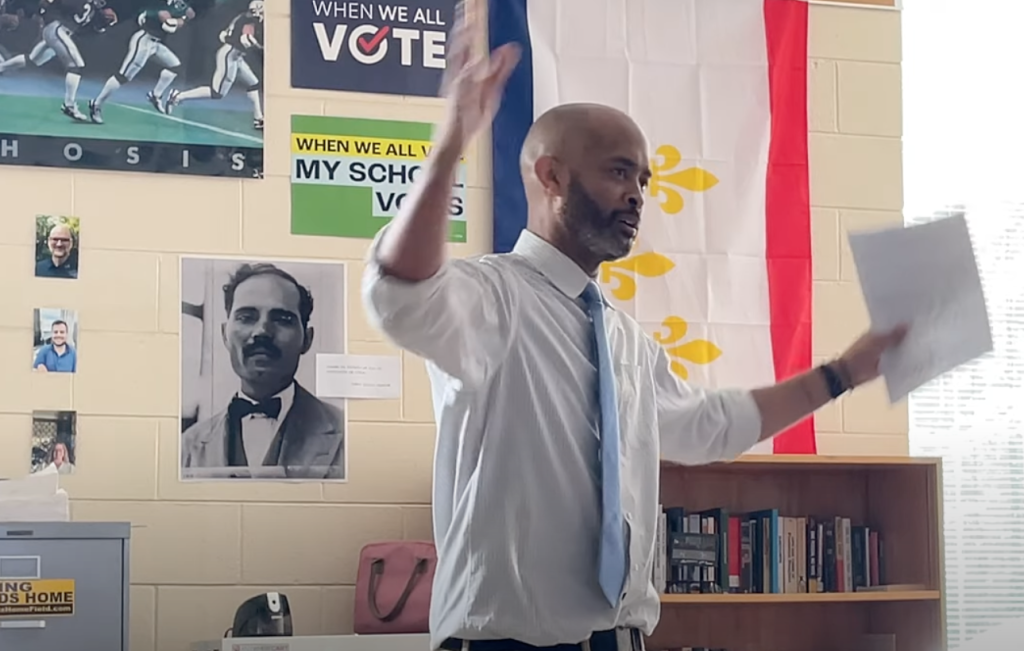
Wednesday is the “First Day of Class” for Cristofer Wiley (’03, MAEd ’04), an adjunct professor of education and a Social Studies teacher at R.J. Reynolds High School in Winston-Salem. Wiley was named the 2024-25 Winston-Salem/Forsyth County Schools Teacher of the Year.
Kelly Greene (’91), managing editor of Wake Forest Magazine, reached out to Wiley to find out what made him want to be a teacher, what keeps him going — and what he wants parents and students to know going into this school year.
Here are his thoughts. We hope they inspire all of the educators, students and parents alike as we head into the new school year.
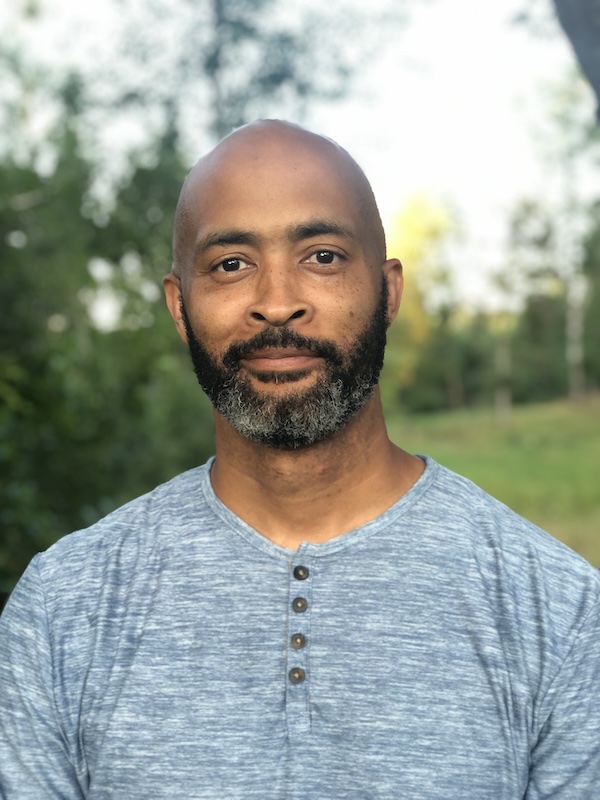
Kelly Greene: In such a challenging climate, what inspired you to become a teacher, anyway?
Cristofer Wiley: Three distinct influences led me to education.
One, my parents come from Louisiana, and their life experiences rise from different facets of racialized poverty in the mid-20th century. My mother grew up in a New Orleans housing project, and my father came of age in rural towns like Columbia and Grambling. I understood education — and especially higher education — to be the hard-won birthright of my family’s legacy.
Two, Mary Nachtrab, who is deceased, taught me twice in high school. I acutely recall her stepping out of the classroom when a video recounted the assassination of John F. Kennedy and returning with teary eyes. I find it remarkable now that I understood then that history was not inert or lifeless.
Three, I’d stepped out of an education class with Dr. Scott Baker (P ’21) on the morning of September 11, 2001, and learned of the terrorist attack on the World Trade towers. In an eerie solitude, I considered the absurdity of teaching as an endeavor and as a career when innocents could become victims in an instant. Dr. Howell Smith (P ’84, ’91) held his history class, all the same, that afternoon to offer community for collective grieving. By day’s end, teaching struck me as the only fitting act in defiance of apathy, absurdity and injustice.
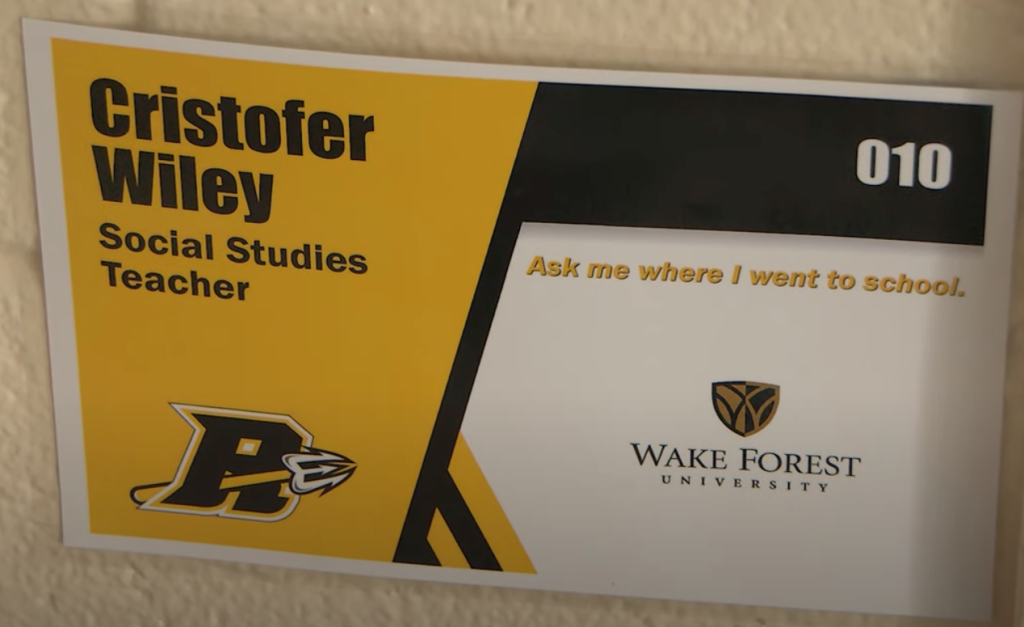
KG: What from your education at Wake Forest do you take into the classroom with you?
CW: In my time at Wake Forest, I learned to accept my circumstances as my own starting point without lament. I learned to welcome opportunities when they knock and to be ready to go when they are. I learned that no success or failure is the final word on the life or character of a person who embraces maturity and pursues growth. I learned to reserve, question and forgo my judgment, especially of others. I’m convinced that I learned these things mostly to pass them along.
KG: What do you look forward to when you go back to school each fall?
CW: Each year at a high school ends with a celebration at graduation. Whether the achievement was always presumed, somewhat improbable or simply miraculous, the day reminds me of the potential that students have realized to get there and how much more they’ve got in store. I carry that anticipation for my students’ potential through the summer, and I remain anxious for the chance to watch them arch toward the people they’ll become.
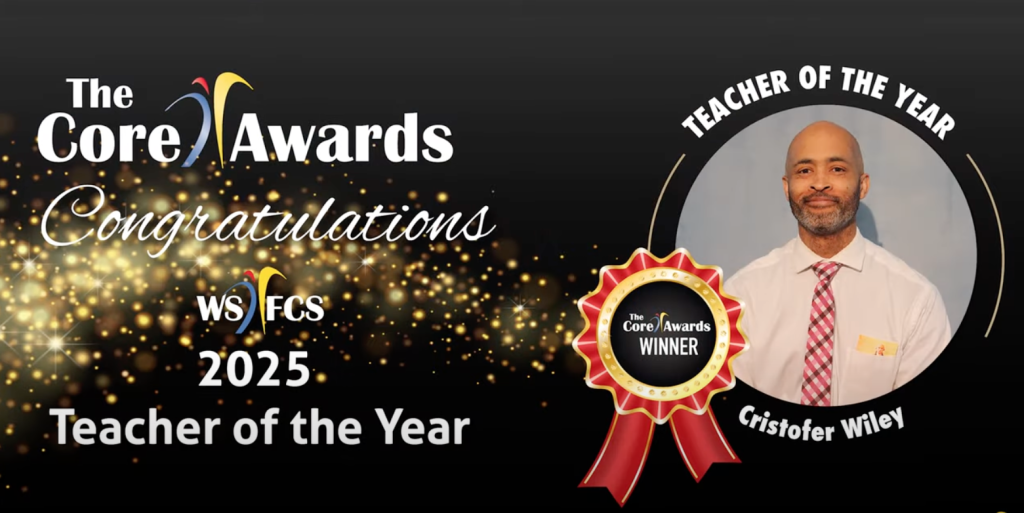
KG: What do you want parents to know?
CW: Ultimately, their children — my students — have to become full-fledged people in their own right. It’s a process, and there aren’t shortcuts to or substitutes for experience. Students will learn immensely from their failures, the same as we did. The forging and the proving come from adversity, and their lives will be their own. Teachers are just people, of course, but, on the whole, we see your students for who they can be. Take that for what you will.

KG: What is your hope for your students this year?
CW: I hope that my students understand their agency in their own outcomes and their own lives. I hope that they’ll have occasion to empathize with people unlike themselves. Given the difference between knowing better and doing better, I hope they’ll do the right thing whenever they can.
KG: What’s your all-time favorite school supply?
CW: In organizing my own thoughts and plans, I’ve always appreciated a fresh Moleskine notebook, a sharpened #2 pencil, and a blue Pilot G2 07 pen. Notecards and those black binder clips are practical and handy, but not essential to the plot.
